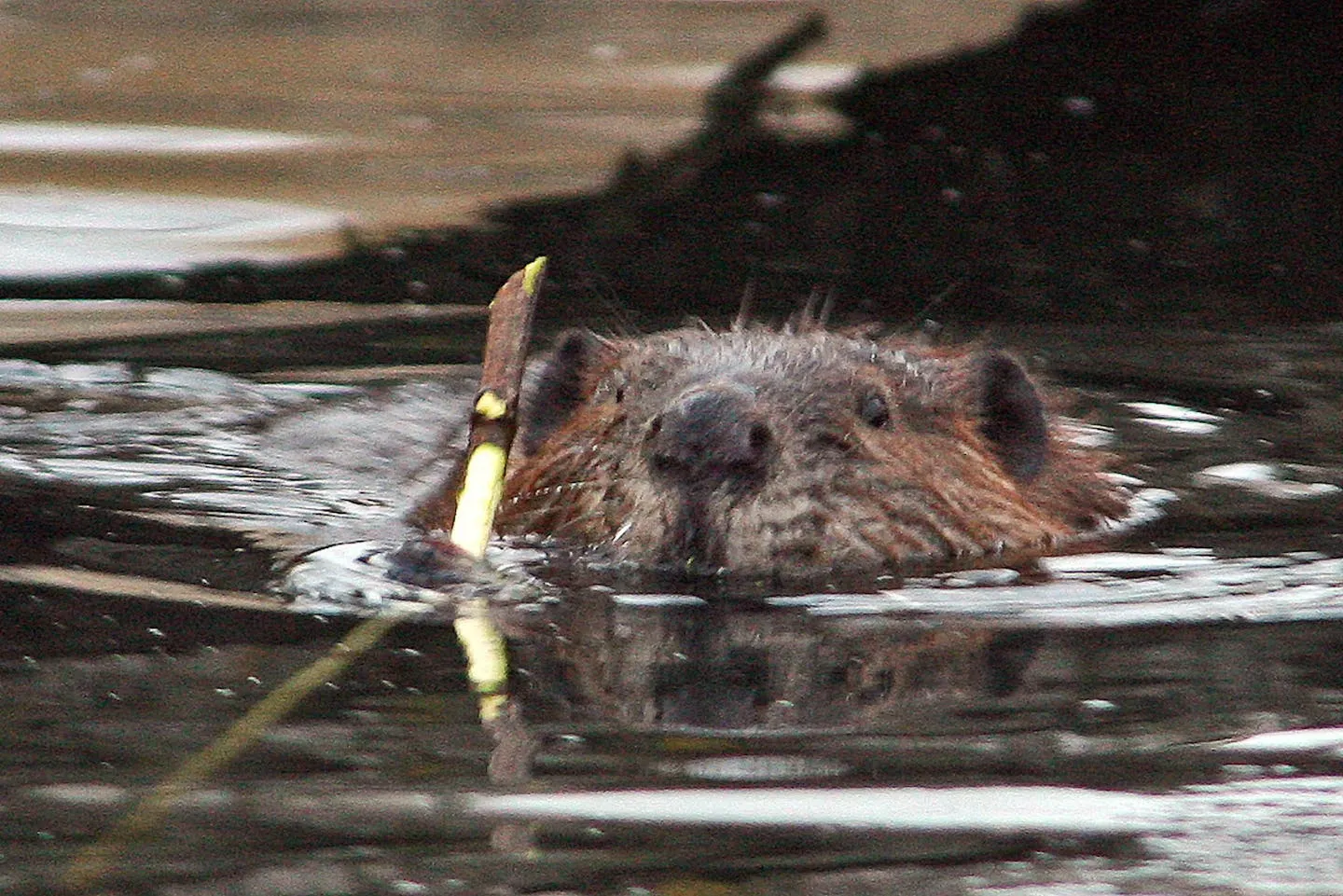Minnesota's Beaver Meat Law: Implications and Reactions

Minnesota's Beaver Meat Law: Implications and Reactions
Beaver meat law has stirred controversy in Minnesota due to its implications on wildlife management. New regulations prevent landowners from consuming beavers killed for nuisance reasons, raising questions about wildlife resource use and food rights. This law impacts local trappers and the broader understanding of sustainable practices in wildlife management.
Overview of the Beaver Meat Law
This regulation aims to address wildlife conservation but poses challenges for those involved in trapping. Below are key points:
- Restrictions on Consumption: The law prohibits landowners from consuming beavers killed as nuisances.
- Community Impact: Local trappers are affected, with concerns over loss of traditional practices.
Reactions and Considerations
- Public Reaction: Many view the law as unnecessary, prompting a debate over wildlife management strategies.
- Sustainable Practices: Advocates argue for a balanced approach that considers wildlife conservation and community needs.
This article was prepared using information from open sources in accordance with the principles of Ethical Policy. The editorial team is not responsible for absolute accuracy, as it relies on data from the sources referenced.